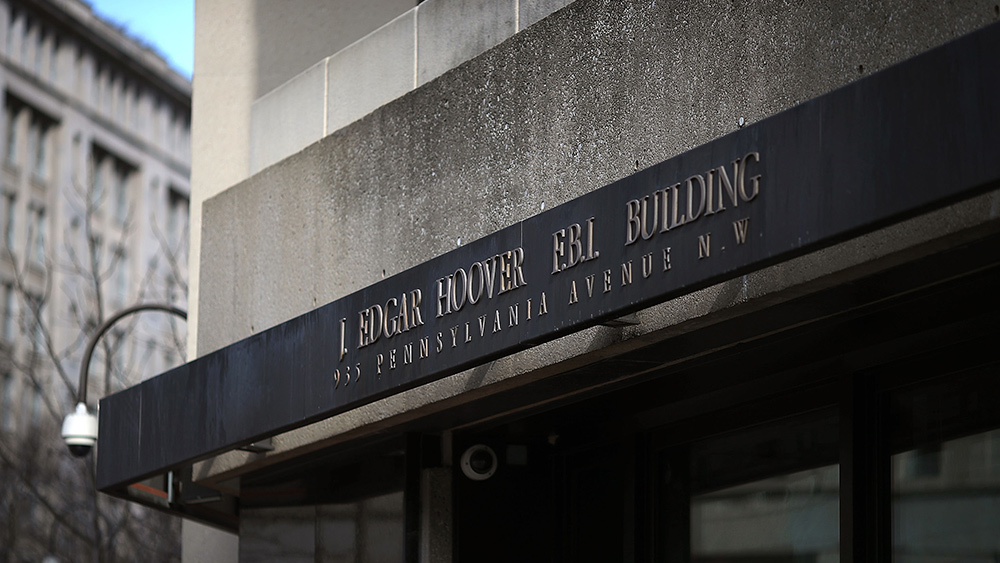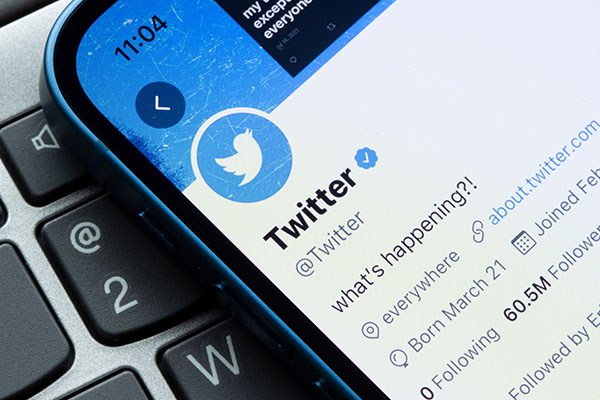
Citing the Jan. 6 "insurrection" against the United States Capitol as proof, Divya Ramjee and Elsa B. Kania, writing for the Pentagon's Defense One blog, contend that all online free speech needs to be filtered by a Ministry of Truth in order to prevent the type of "disinformation and incitements to violence" that led to the Capitol false flag attack.
"The events of January 6 showed existing approaches to quell disinformation and incitements to violence on social media platforms have failed, badly," Ramjee and Kania write.
"Even though the companies that run these platforms are displaying a new willingness to police them, up to and including banning the worst offenders, claims that U.S. tech companies can self-regulate and moderate dangerous content comprehensively should be regarded with extreme skepticism."
Twitter recently announced the rollout of a new "Birdwatch" feature that allows the leftist mob to snitch on other users who spread "wrongthink." This is still not enough for the Pentagon, though.
"Twitter's recent launch of Birdwatch, a crowd-sourcing forum to combat misinformation, is a welcome measure but at best a partial and imperfect solution to a far more systemic problem," Ramjee and Kania further write. "Instead, it is time, at long last, to regulate."
More up-to-the-minute news about Big Tech censorship can be found at Censorship.news.
Pentagon wants to "restructure fundamentally how social media platforms operate"
No matter what anti-free speech measures they try to impose on users, the tech giants always seem to come up short in the eyes of the Pentagon. The only solution, according to this deep state behemoth, is to "restructure fundamentally how social media platforms operate."
"New rules must be introduced for the algorithms that decide what users see and for the data these companies collect for themselves, as well as data scraping by third parties," Ramjee and Kania contend.
Another tool is artificial intelligence (AI), which can be programmed to steer traffic away from "misinformation" and towards the official government narrative on a particular subject. A Facebook user might be steered away from an article exposing 2020 election fraud, as one example, and instead be presented with an article claiming that Joe Biden is the rightful "president."
Twitter already uses AI technology to promote the "best" tweets that are considered "more relevant," meaning content that is government-approved. All other tweets are buried or shadow-banned for deviating from the "rightspeak" narrative.
The Pentagon wants to see Congress pass "robust legislation" to oversee how data is aggregated. AI algorithms need to be specifically programmed, it says, to ensure that all users are receiving the same propaganda at the same time, producing uniformity in belief.
The Pentagon also wants Congress to "tackle issues of far-right extremism and white supremacist violence that have become global threats." No mention is made in Ramjee and Kania's report about the threat of black and other racial group supremacy, which is also a threat.
"As social media continues to enable radicalization and mobilization by a range of threat actors, the questions that arise for tech policy and regulation are no longer only abstruse concerns for technocrats," Ramjee and Kania insist.
"To the contrary, these are core issues for U.S. national security that require attention and robust responses from multiple stakeholders. The attacks on the U.S. Capitol were coordinated across several platforms and fueled by falsehoods about a 'rigged' election that spread online. These platforms have consistently facilitated the rapid diffusion of groundless conspiracies, often in ways that can prey on those viewing such content out of curiosity or by mere passive exposure."
Sources for this article include:
Please contact us for more information.






















